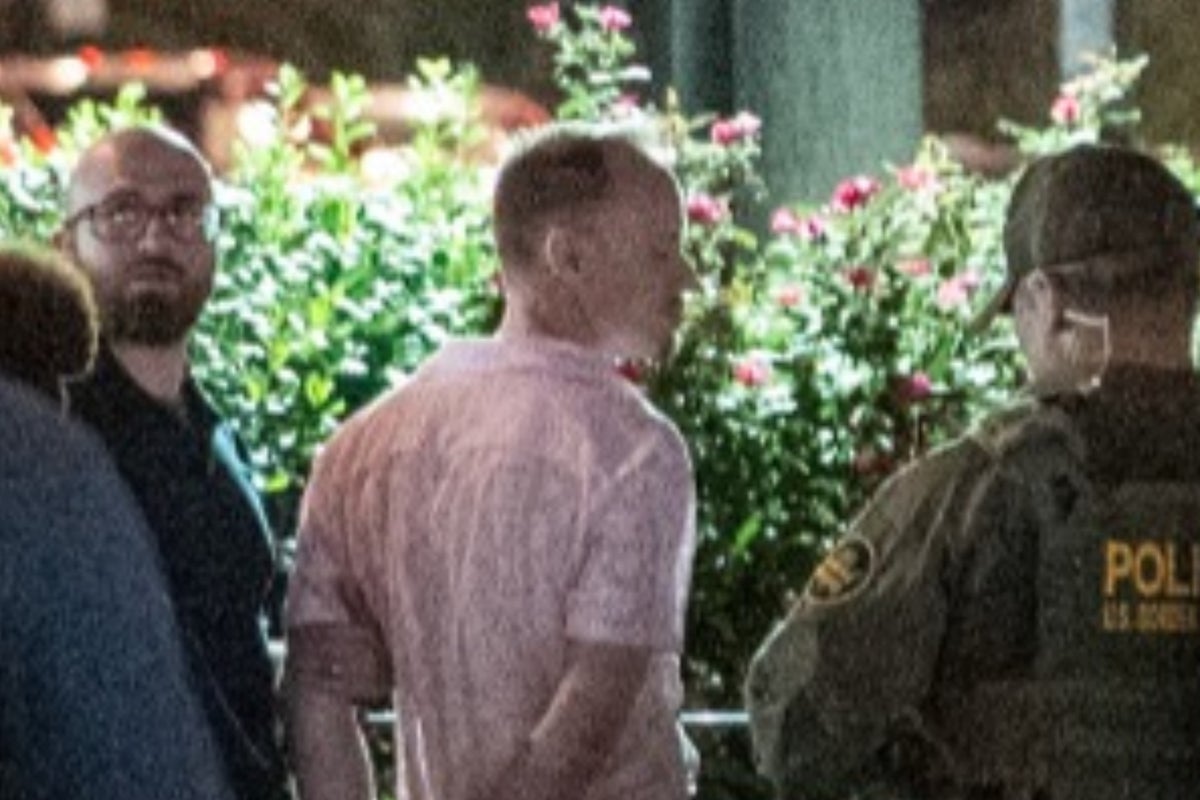
There’s an old saw about the burden of proof being so low in the grand jury systems that a prosecutor could get a panel to indict a ham sandwich.
Looks like it’s a bit tougher to bring charges against someone who throws one.
A grand jury in Washington, D.C., on Tuesday, chose not to return a felony indictment against the man who flung a sub-style sandwich at a Customs and Border Patrol agent and became a symbol of resistance against President Donald Trump’s use of federal law enforcement in the city.
The panel of D.C. citizens declined to bring a charge of assaulting, resisting, or impeding a federal officer against Sean Charles Dunn, the man who admitted to throwing the sandwich, according to the New York Times.
Dunn, a Justice Department paralegal who was subsequently fired, had chucked the hero at a CBP agent after calling the agent a “fascist” and yelling profanities earlier this month. The video of the incident went viral on social media.
Grand juries, which are called to determine whether prosecutors should bring an indictment, only need to find probable cause to agree that a crime was committed. They are conducted privately, and jurors only hear information from prosecutors, making it likely that a grand jury will return an indictment.
This marks the second time recently that the U.S. Attorney’s Office in D.C., currently run by former Fox News host and ex Westchester County DA in New York Jeanine Pirro, failed to secure a criminal indictment against a person accused of assaulting an officer.
The Independent has asked the U.S. Attorney’s Office in D.C. and Dunn’s lawyer for comment.
Tensions in D.C. have been elevated since Trump declared a crime emergency and ordered 800 National Guard members, as well as swaths of federal law enforcement officers, to patrol the city and make arrests.
That appeared to be the inciting event in Dunn’s case. He yelled, “Why are you here? I don’t want you in my city!” at the CBP agents.
To deter people from harassing officers, the administration has taken a harsh approach to charging people with federal crimes who resist arrest or engage in any form of physical contact with officers.
“If you touch any law enforcement officer, we will come after you,” Attorney General Pam Bondi said after Dunn was charged in the criminal complaint.
Pirro, who has been pushing for harsher punishment, also condemned Dunn’s actions, telling him to “Stick your Subway sandwich somewhere else.”
But prosecutors in D.C. have suffered a series of losses in the court system while trying to do so.
Not only did a grand jury refuse to bring felony charges against Dunn, who admitted to throwing the sandwich in the criminal complaint, but another grand jury refused, on three separate occasions, to indict a woman accused of assaulting an FBI agent.
Judges have also pushed back on D.C. prosecutors from bringing serious charges against relatively low-level offenses.
A magistrate judge scolded prosecutors for “pushing the boundaries” and engaging in “lawlessness” earlier this month in a case about a man who was arrested after police unlawfully searched him and found two handguns.
